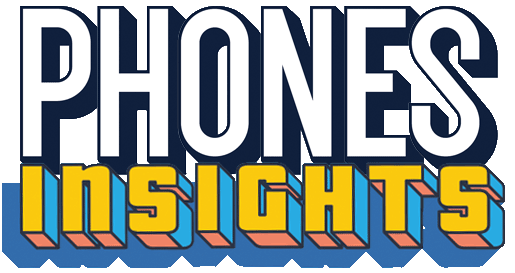What you should know
“`html
- Verizon customers are being targeted by an active phishing campaign designed to steal personal data and take over accounts.
- The phishing emails can bypass security filters, appearing legitimate with links that lead to fake Verizon and Office 365 login pages.
- Scammers use urgent-sounding messages to provoke a quick response, often including threats of service disruption.
- It’s important to verify the authenticity of emails by checking the sender’s details and avoiding clicking on unsolicited links or providing personal information.
“`
Full Story
Hey, Verizon folks, heads up! There’s something fishy going on. Fortra, those cybersecurity wizards, have caught wind of scammers targeting Verizon customers. It’s a classic phishing scheme. You know, the kind where you get an email that screams “I’m totally legit” but is actually a trap? They’re masquerading as Verizon, aiming to snatch your personal details. Why? To hijack your account, order new SIM cards, and potentially empty your bank account. Yikes.
Now, here’s the kicker. These crafty scammers have found a loophole. Their emails are slipping right past security filters, landing smack dab in your inbox instead of the junk folder where they belong. The email? It looks pretty convincing. It dangles a “legitimate” Verizon link in front of you, baiting you to log in and click away. But here’s the deal: DON’T. Just don’t. That’s exactly what they want. Fall for it, and bam, you’ve just served your login details on a silver platter.
What happens next isn’t pretty. These bad actors could change your account address, request a new SIM card, and go on a shopping spree with your money. Fortra’s shedding some light on how to spot these fakes. If an email smells fishy, trust your nose. Hover your mouse over the sender’s name to peek at the real email address. Still unsure? Do yourself a favor and call Verizon directly. And remember, clicking on unsolicited links is a big no-no.
Oh, and there’s more. Clicking that deceitful link might also invite malware to your device. Not fun. Fortra’s also found a sneaky trick up these scammers’ sleeves. They’re luring victims to a bogus Verizon site, asking for your Office 365 login to access some “Verizon Secured Audio File.” Spoiler alert: It’s all smoke and mirrors to snatch your Office 365 credentials.
For those who like the nitty-gritty, here’s what to watch out for. The sender’s email might look something like member@surveymonkeyuser.com, with a reply-to address that’s equally sketchy. And they’re using SurveyMonkey’s name to seem more legit. Sneaky, right? They play on your fears, too, suggesting something terrible will happen if you don’t act fast. Like threatening to cut off your wireless service. Been there, done that. I once got an email, supposedly from Verizon, littered with errors. Big red flag. Always double-check with Verizon directly.
And for the love of all that is digital, don’t respond to these messages. Don’t click, don’t open attachments, and certainly don’t hand over any info. Stay safe out there.

